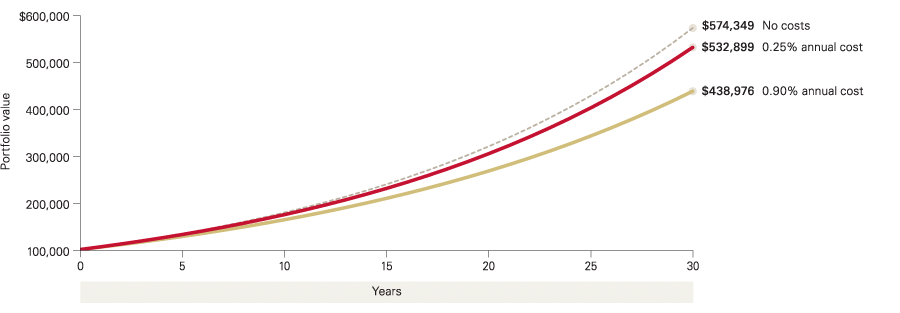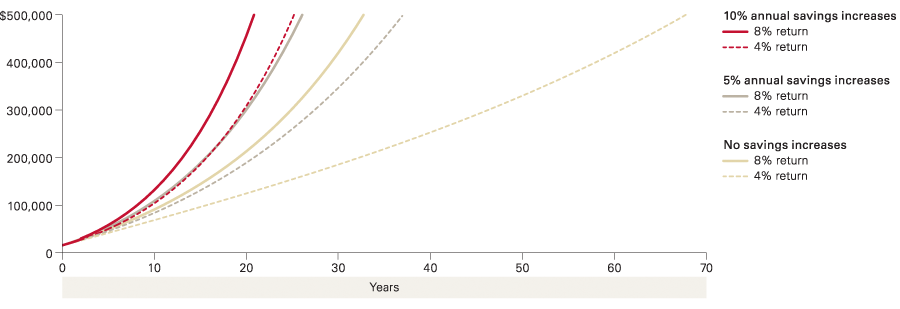Understanding How Your Emotions Affect Your Investment Performance
Post on: 6 Октябрь, 2015 No Comment

Foreword from ShareInvestor
This article “Understanding How Your Emotions Affect Your Investment Performance” by Chris Firth was first published in the Feb 2010 Mar 2010 Issue of INVEST magazine and is reproduced in this blog in its entirety. With the global news headwinds and economic developments weighing heavily on investors sentiment, read on as the Author discusses about being equiped with knowledge of investor psychology which underlies stock market performance so as to make sound and rational investment decisions.
An investor should understand the cycle of emotions and moderate his decisions and actions accordingly.
Investment is often regarded as a strategic, methodological and entirely rational process. Yet, is this always the case? No. In practice, the simple goal of maximizing gains and minimizing losses is very challenging and often not very logical for many investors.
An entire field of study known as behavioural finance is dedicated to studying the emotions behind economic decision-making. Behavioural finance borrows ideas from economics, psychology, game theory and even evolution, to model decisions by individuals. Some of the irrational behaviors they observe include: framing, which means the way a decision is presented affects an investors action, and loss aversion, which means investors strongly prefer to avoid a loss rather than to miss an equivalent gain.
Another area of emotion-laden decision making occurs throughout the boom and bust cycle of stock markets. Here, the interplay between fear and greed is the chief driver. And, unfortunately, these emotions are counter-productive for most investors. In other words, emotions lead to poor investment performance.
Ten years ago, I had the chance to speak to Shane Oliver, the Head of Investment Strategy and Chief Economist at Henderson Global Investors, about how investors were emotionally coping with the economic crisis of 2000. This was in the aftermath of the dot-com bubble crash when some US$5 trillion in market value was wiped out. Ten years later, as we emerge from one of the worst recessions of our time, one thing is certain: people, and the emotions that guide them, have not changed.
While every investor tries to invest with their head and not their heart, he or she will also recognise that markets themselves are a clear reflection of public opinion the so-called beauty contest of Keynes. Though markets are highly reactive to investors emotions, a step back reveals that movements driven by investor sentiment are a lot less unpredictable than one might expect.
As we begin 2010, investors are gradually starting to get over the despondence that plagued market sentiment last year. Thinking back to my chat with Shane, where we traced the downward spiral from the euphoric heights of the dot-com boom, to the absolute despondence during the bust, my view is that the cycle has just about gone full circle.
Indeed, just as markets move in cycles, investor sentiment also follows a cycle that repeats itself every seven years or so. Emotions evolve as we progress along the cycle and correspondingly affect our decisions. Understanding this cycle of emotions is not just instructive it can help us generate higher returns by investing at times of fear and being less sanguine when confidence is overflowing. Hence the trick is to react in ways that will help us make the most of the ride on this emotional roller coaster.
Fourteen Emotional Stages An Investor Goes Through
Much like the boom-slump cycle that is common to all markets, investors emotions play out with a similar rise to a peak before declining to a trough, followed by a recovery, where they typically go through 14 emotional stages.
- Optimism normally characterises the start of the cycle as investors buy their stocks, naturally with a positive outlook for the future and anticipation of potential gains.
Excitement is quick to follow after some initial success, as we begin looking for new ways to accomplish more based on what we already achieved.
Thrill comes after yet more success, as investors begin to delight in their wins and congratulate themselves for their smart decisions.
Euphoria sets in as wins come quick and fast, bringing in a stream of easy profits and pushing investor sentiment to dizzying heights.
Anxiety inevitably interrupts the climb, as the market surprises us by moving downwards. Faced with their first potential loss, investors reassure themselves that their well-calculated strategy will deliver in the long term.
Denial takes this to the next level, when markets still show no signs of a rebound. At this stage, the investor begins to deny that he made a poor choice, clinging on to the belief that things are set to improve.

Fear finally takes hold when the market realities set in. Amidst the confusion of getting things wrong, it is easy for sentiment to drop drastically, and for doubt to set in as fears that the market will never move in our favour escalate.
Desperation sees a frantic attempt to salvage the situation with any idea that might have a chance of helping us break even.
Panic follows when all options are exhausted and the road downhill is imminent.
Capitulation sees the tormented investor admitting defeat and giving up hope of things turning around, shifting his focus from recovery to damage control, and exiting in order to avoid making further losses.
Despondency is the lowest point of the emotional roller coaster. Investors cash out whatever remaining stocks they have, having given up hope of the markets ever recovering. With the wounds still raw and stinging, they vow never to buy stocks again to avoid getting burnt a second time.
Depression sinks in as the fallen investors ruminate on their failure and the regrettable decisions that contributed to their predicament.
Hope returns slowly after investors notice that the markets are picking up, realizing that movements are cyclical. This is when they cautiously begin to look out for the next opportunity.
Relief is when faith is renewed after their next buy has turned profitable, setting the stage for sentiment to turn optimistic once more.
Understand The Cycle And Moderate Decisions Accordingly
Already, just understanding the progression of this cycle will help any investor understand what he is feeling, and moderate his decisions and actions accordingly. Naturally, Euphoria is the stage where financial risk is at its highest. Investors are so assured by their string of easy successes that they expect to profit from every trade. This false sense of security leads many to ignore all risk and fail to diversify, even as the tendency of a reversal mounts after a sustained period of profit. Conversely, the window of maximum financial opportunity comes when investor sentiment is reaching or at rock-bottom during the stages of Capitulation and Despondency.
As things stand, we seem to have found ourselves at the beginning of yet another cycle. Optimism in Singapore is beginning to run higher after the stellar recovery of the stock market in 2009. Consumer confidence is rising, the labour market is improving, and the opening of the Integrated Resorts is expected to positively impact the Singapore economy and tourism sector.
Stay In Control When Making Investment Decisions
If 2010 turns out to be a great year for stock markets, then over-confidence will build up as we move along the cycle of investor emotions. Shares or commodities always look great during a bull run, but its easy to forget that the downside risks are still high and arguably get higher as markets reach new peaks. Most investors dont spot a profitable trend until it has already happened and is already beginning to lose momentum, or is on the verge of collapse. So try not to go with the herd. Instead, make use of investor psychology to make sound and rational decisions. Ultimately it could be very costly to be swept along in the euphoria stay in control when making your investment decisions. Remember too, knowledge of what others are feeling enables you to profit from the unfolding drama.














